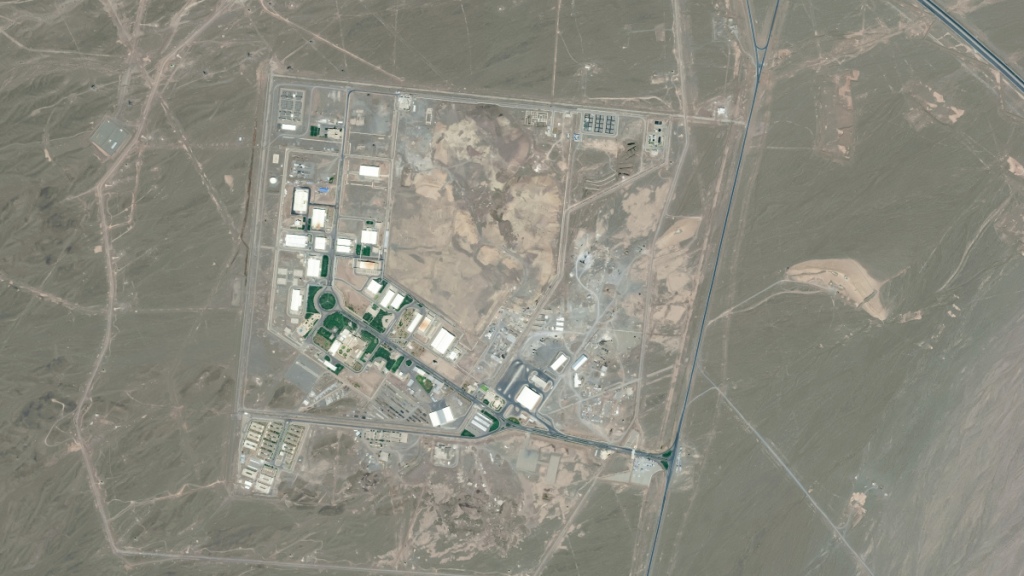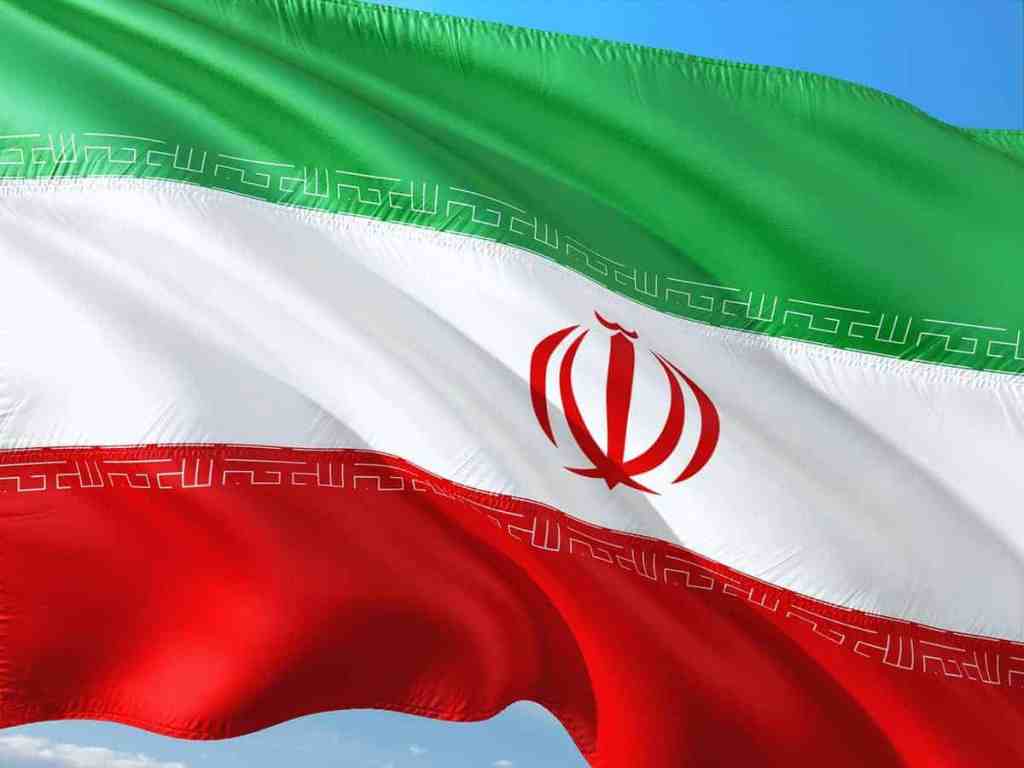
The United States is in the process of downsizing the staff of its embassy in Baghdad and other diplomatic facilities around Iraq. The Trump administration is taking the action in light of rising tensions with Iran. The recent death of Iranian nuclear scientist Mohsen Fakhrizadeh and the approaching one-year anniversary of Qasem Soleimani’s death are the catalysts for the spike in tensions. According to a State Department official, the reduction will not be permanent. The number of diplomats and staff members expected to depart Iraq has not been released, nor have any other specifics. U.S. ambassador to Iraq, Matthew Tueller will remain at his post for the time being.
The US embassy in Baghdad was targeted by Iranian-aligned militias earlier in the year, prompting a threat by President Trump to close the embassy indefinitely. The closure never came about, yet the threat was real enough to worry Iraq’s leadership, which has been striving to maintain profitable relationships with both Iran, and the United States.
The Trump administration continues to place sanctions on Iran for the purpose of undermining Tehran’s efforts to further progress on its nuclear program. As an added incentive, the administration is hoping further sanctions will make it increasingly difficult for an incoming Biden administration to return the US to the Joint Comprehensive Plan of Action (JCOPA). Even though Biden’s foreign policy advisers seem to be giving the impression that a Biden administration’s first challenge will be China, recent moves by Tehran make it clear that Iran and its nuclear ambitions could demand the new administration’s full attention very early on.



